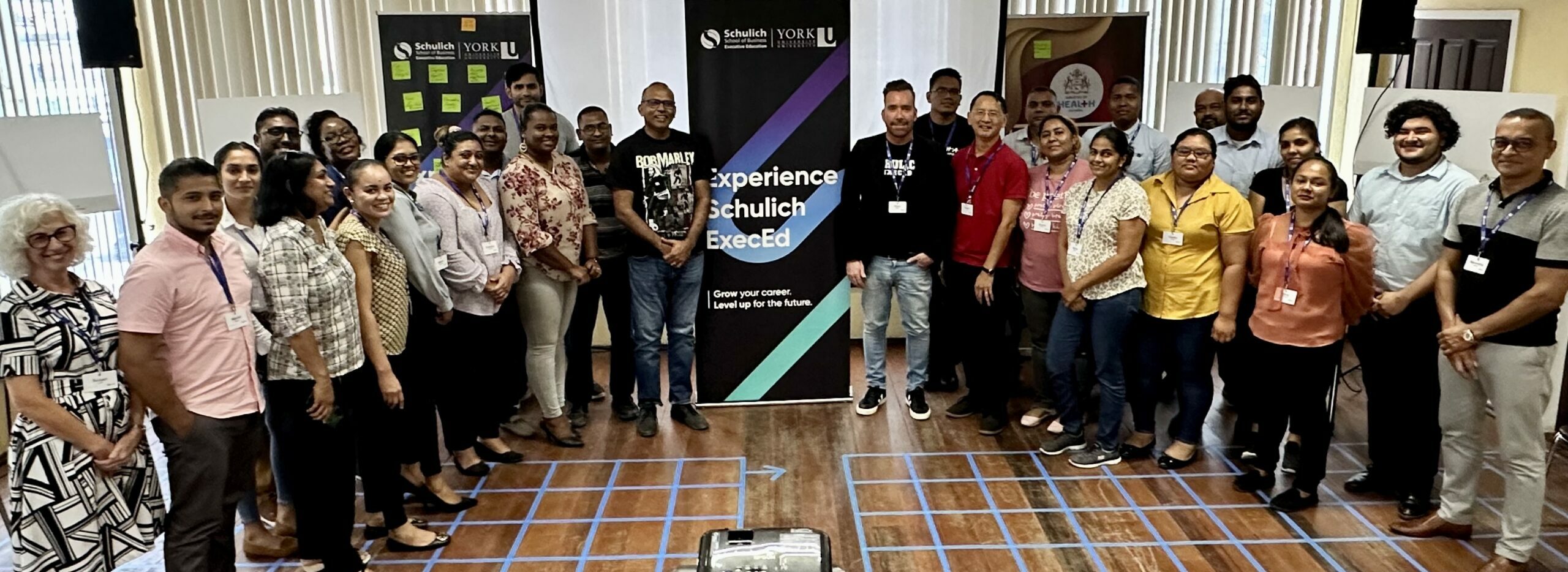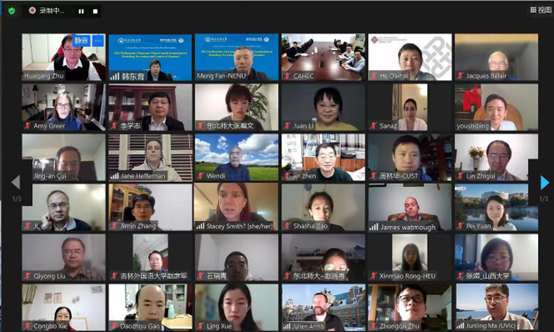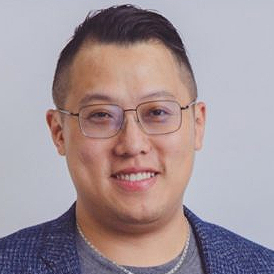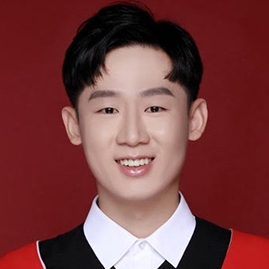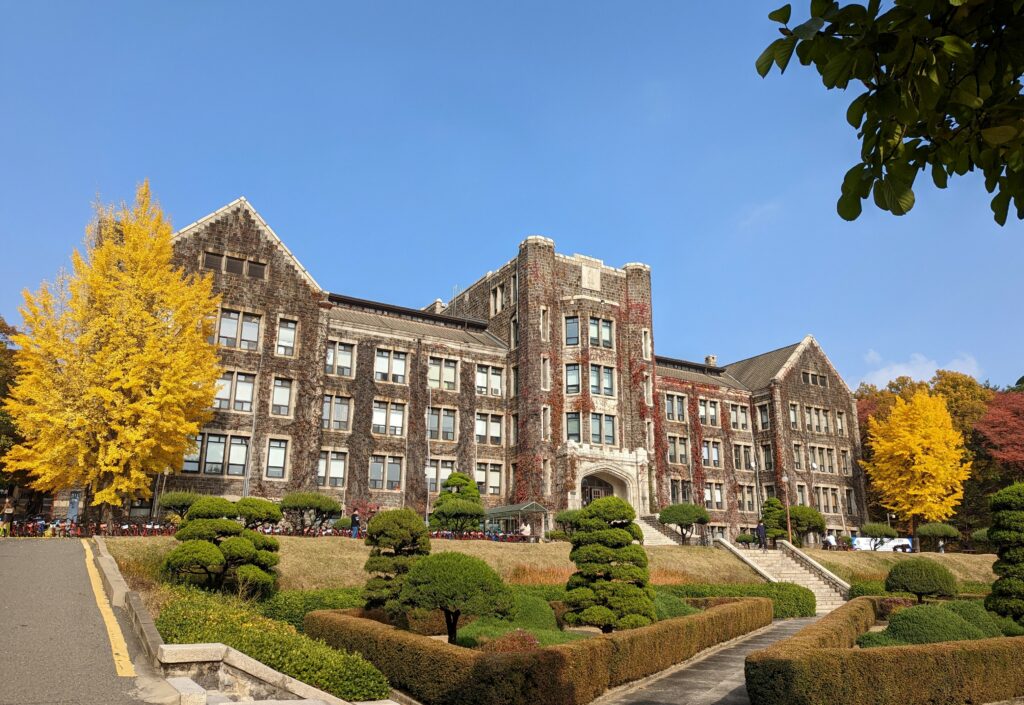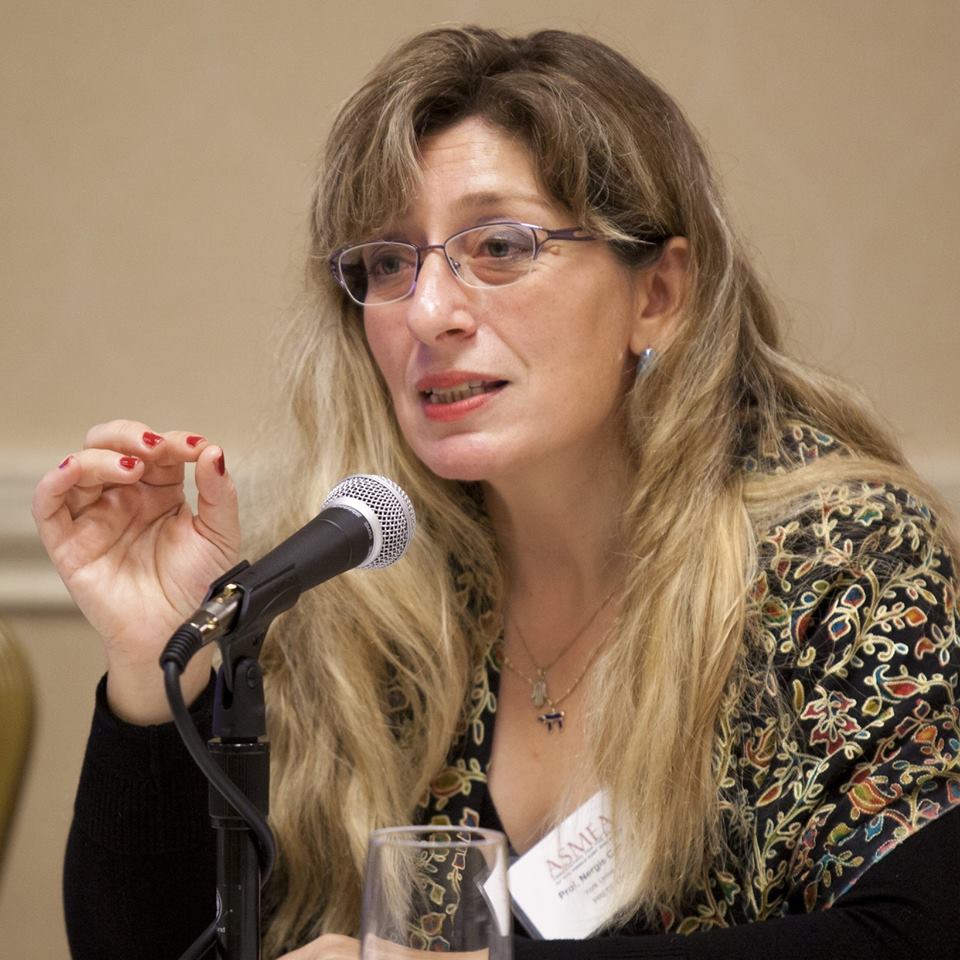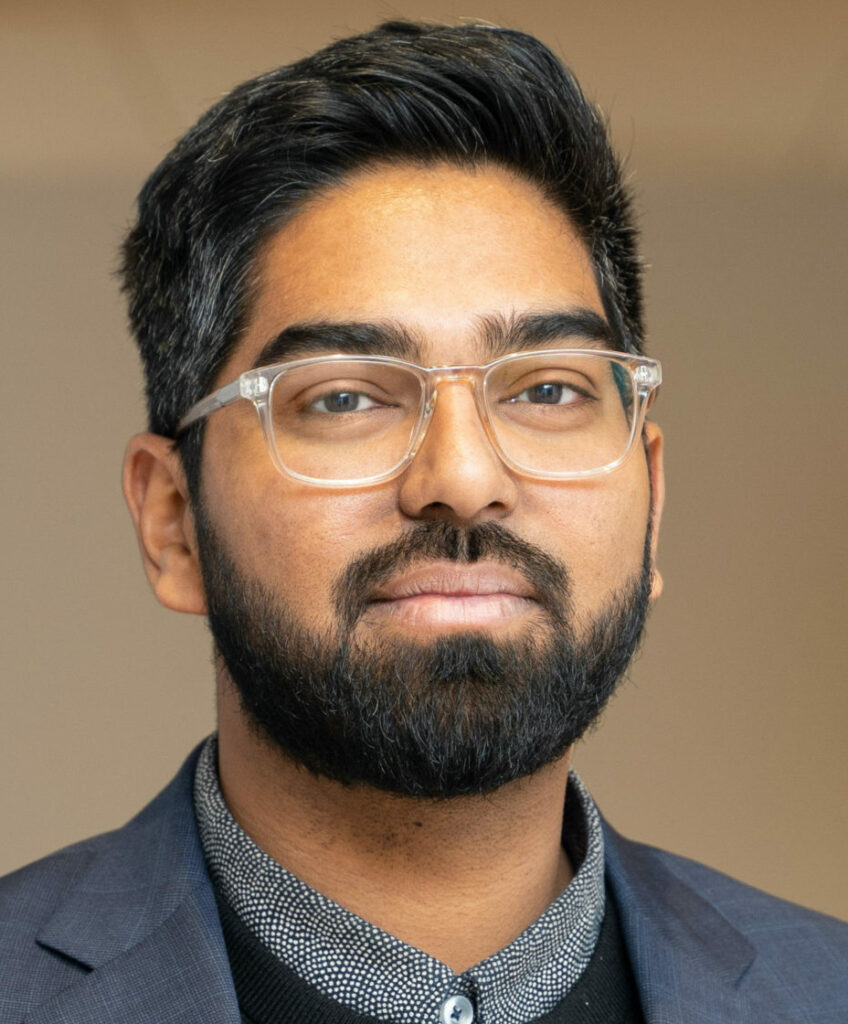Schulich ExecEd, an extension of the Schulich School of Business at York University, has partnered with the government in Guyana to build up their health-care system.
The partnership aims to develop capacity for training hospital leadership in Guyana, through a program designed to teach management and leadership skills to senior leaders and executive heads across the health sector. It will be delivered to participants from all administrative regions.
“We are delighted to partner with the Ministry of Health, Government of Guyana as they overhaul the delivery of health-care services by developing their top hospital administrators across all 10 regions, equipping them with the skills necessary to lead this transformation,” Executive Director of Schulich ExecEd, Rami Mayer, said.
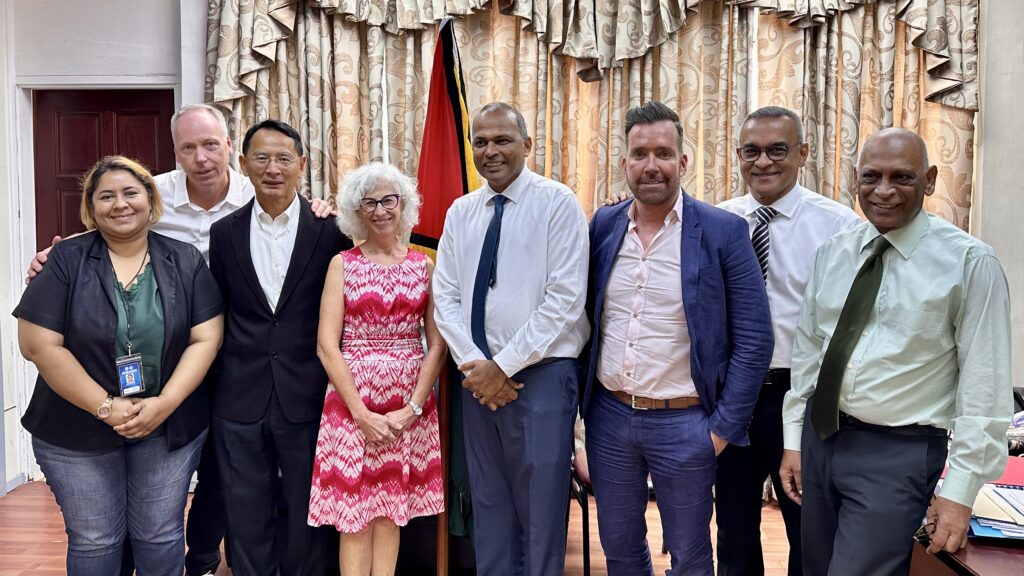
The Schulich ExecEd-Guyana Masters Certificate in Hospital Leadership Program is customized for Guyana’s hospital administrators and provides the necessary interpersonal skills and hands-on business tools to improve management, leadership and service delivery skills at all levels. The new certification supports York’s commitment to advancing the United Nations Sustainable Development Goals (UN SDGs) – in particular UN SDG 3 Good Health and Well-being and UN SDG 4 Quality Education.
“York’s commitment to expanding access to higher education around the world and, in particular, the Global South is reflected in this new program. The University’s substantial health system expertise will be a catalyst for positive change in Guyana’s health-care system and reflects our dedication to global leadership on the SDGs,” said Lisa Philipps, York’s provost and vice-president academic.
Schulich ExecEd has a long history of community building, social innovation and supporting the professional development of equity-deserving groups, said Mayer.
“Through this program, we hope to provide equitable, accessible, empathetic, and enhanced health care. Our goal is to help the Guyanese government transform its health-care system and develop better hospital administrators and provide innovative health-care solutions to improve patient outcomes.”
The Guyana Ministry of Health should be commended for recognizing that investment in training health system leaders is one of the most important ways to improve health-care delivery, said Dr. Robert Bell, former Ontario deputy minister of health.
“I was inspired by the energy, intelligence, and desire of the course participants to improve Guyana’s health systems,” he said.
A virtual launch of the nine-month program took place in October, and was attended by Guyana Health Minister Dr. Frank Anthony; Guyana Public Service Minister Sonia Parag; officials from the Schulich School of Business and Schulich ExecEd; and other participants.
During the virtual launch, Anthony noted Guyana’s health ministry has embarked on an aggressive campaign to develop the health-care sector through the construction of several hospitals, including the country’s first Maternal and Paediatric Hospital, as well as several other projects to build and rehabilitate hospitals in the hinterland areas.
“The Government of Guyana is pleased to partner with the Schulich ExecEd Program. We strongly believe that the program will assist our hospital administrators to improve the quality of health care across the country,” said Anthony.
To date, there are 25 participants from across Guyana enrolled in the program.
In November, York University and Schulich ExecEd representatives travelled to Guyana for a meeting to launch the program officially. The event, held Nov. 4, was attended by Mayer and Anthony, along with: Dr. Narendra Singh, York University Board of Governors member, founder and president of Giving Health To Kids (GHTK), and former chief of staff at Humber River Hospital; Robert Lynn, associate director of Schulich ExecEd; Dr. Susan Lieff, program director of the Schulich ExecEd – Guyana Masters Certificate in Hospital Leadership Program; Jeff MacInnis, facilitator for the Schulich ExecEd–Guyana Masters Certificate in Hospital Leadership Program; and Dr. Leslie Ramsammy, chairman of the Georgetown Public Hospital Corporation and advisor to Guyana’s Minister of Health; and Aruna Faria, administrative manager, Ministry of Health.
“It was truly an honour to meet, learn with and from the 25 health-care leaders who have been selected by the Ministry of Health of the Government of Guyana to participate in the Schulich ExecEd-Guyana Masters Certificate in Hospital Leadership Program. These passionate and innovative individuals are highly committed to the future transformation of health and health care that their government is investing in,” said Lieff.
In addition to officially launching the program, those involved discussed opportunities for additional cohorts and new health-care leadership training programs for physicians, nurses and other health-care professionals in Guyana.
“This team has opened the door to others to capitalize on the limitless potential of this fledgling partnership. As an adviser to the Guyana Government, I know that we want to build on this success. I encourage the University to engage our government more proactively to explore other opportunities, such as nursing,” said Singh.


